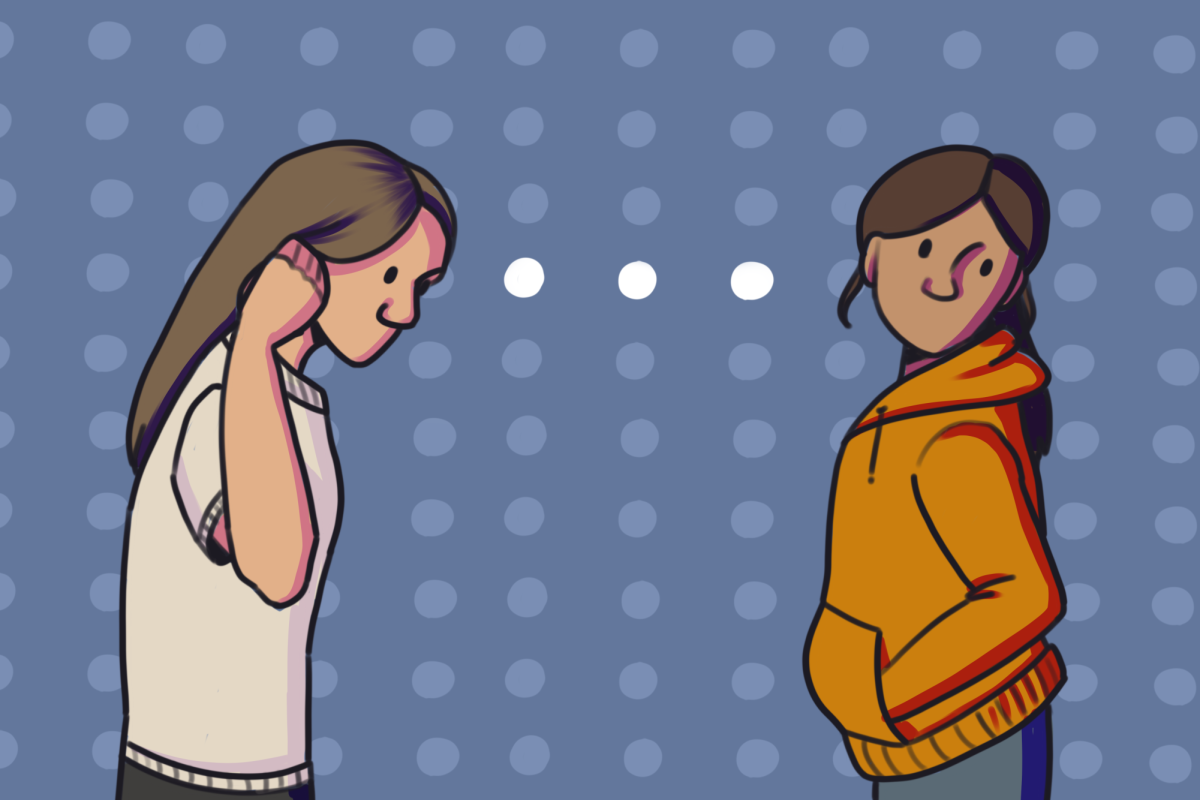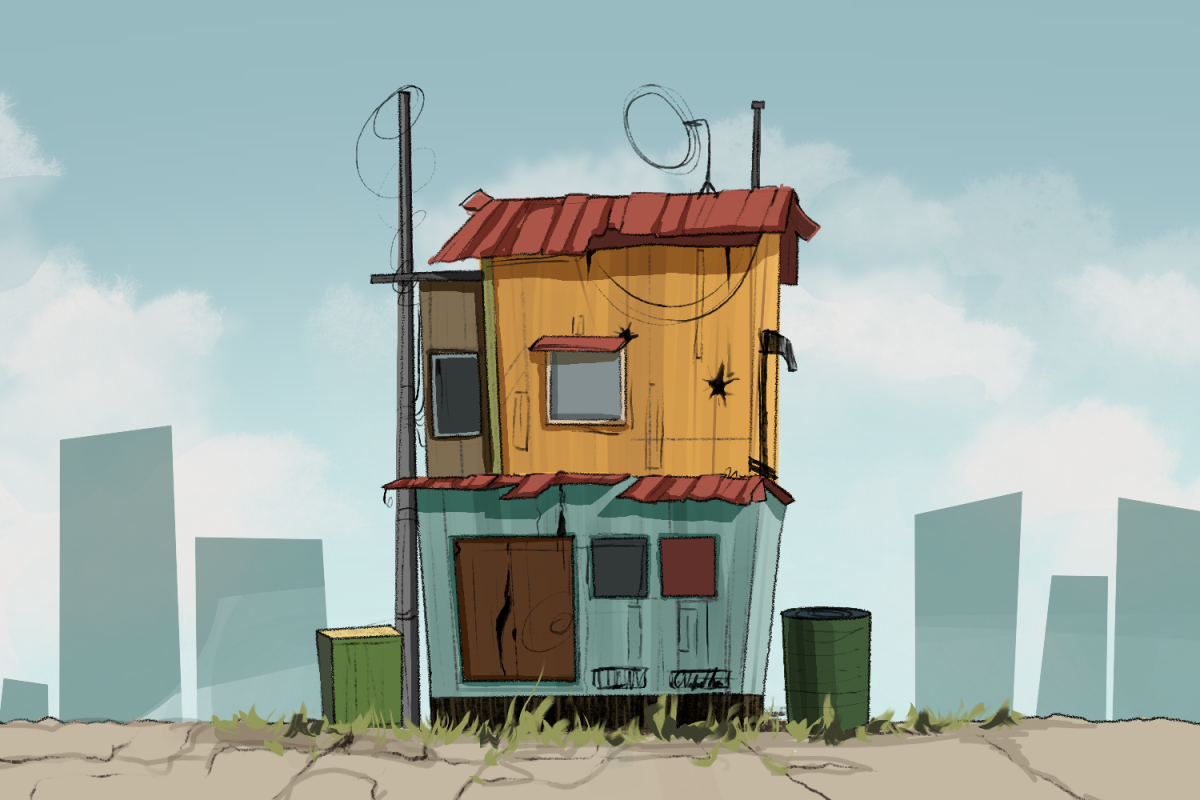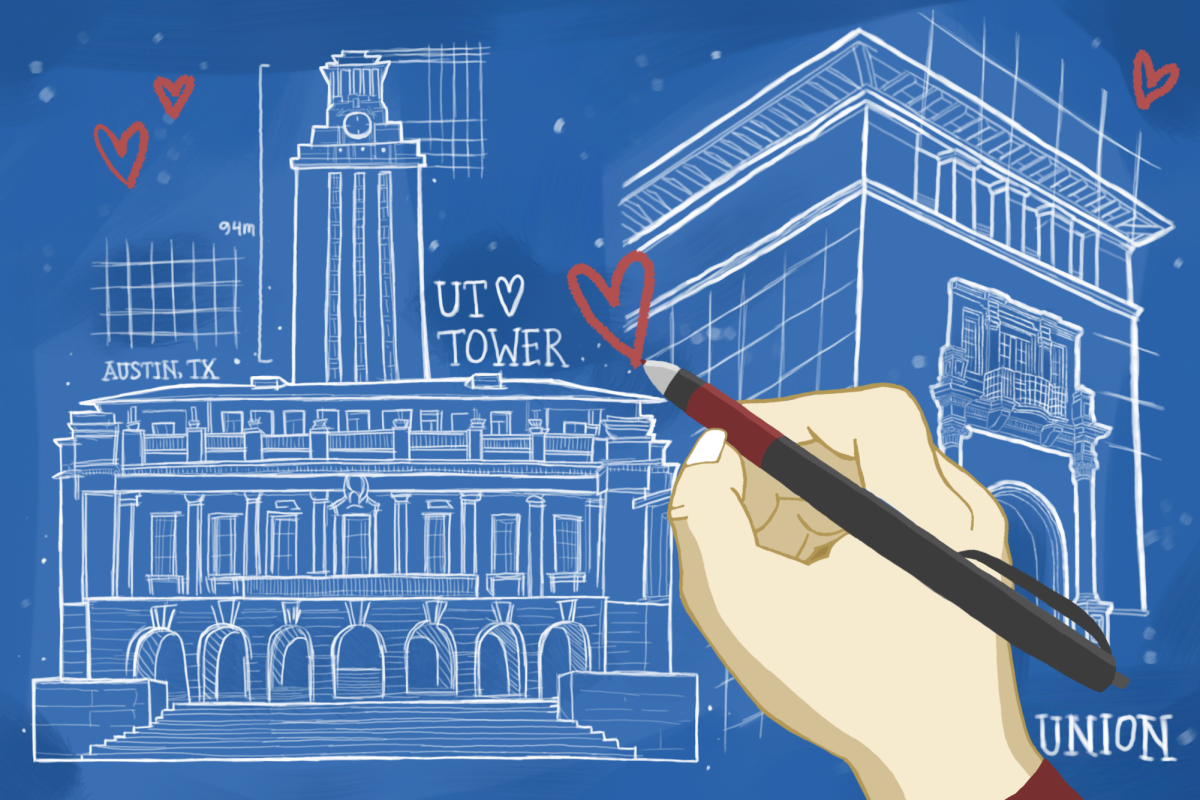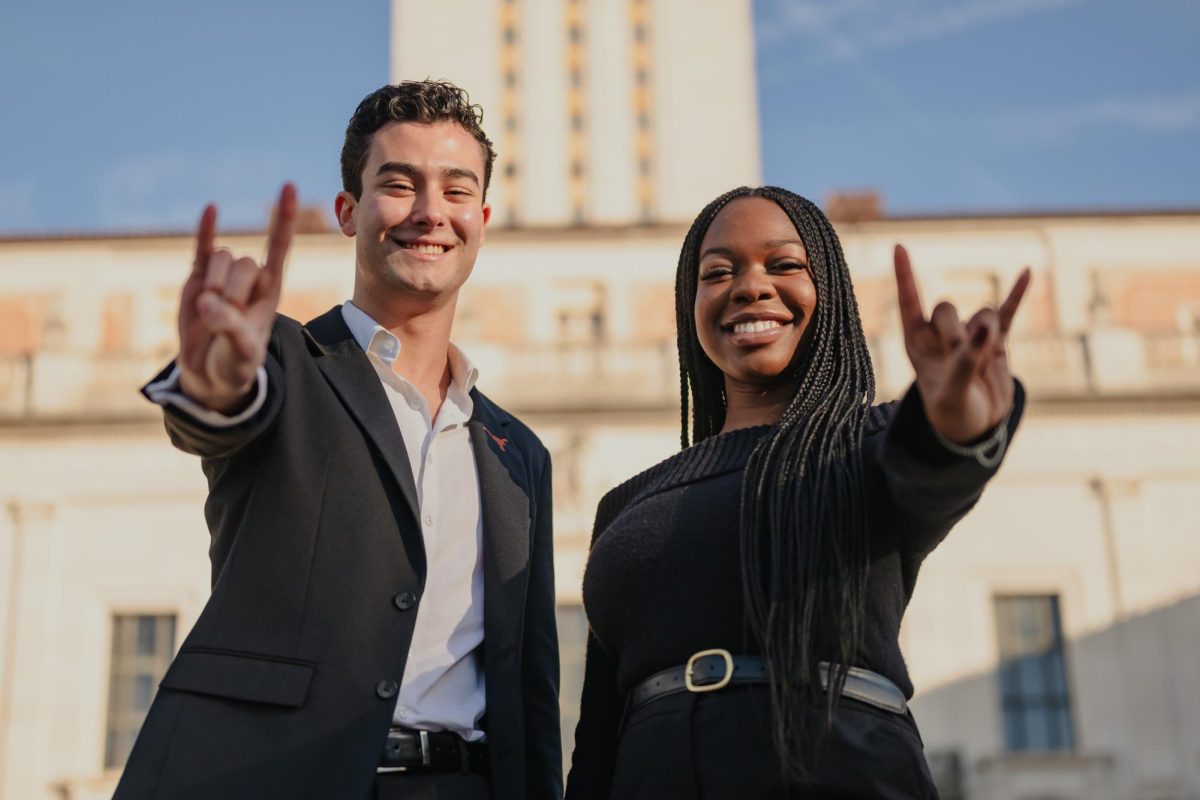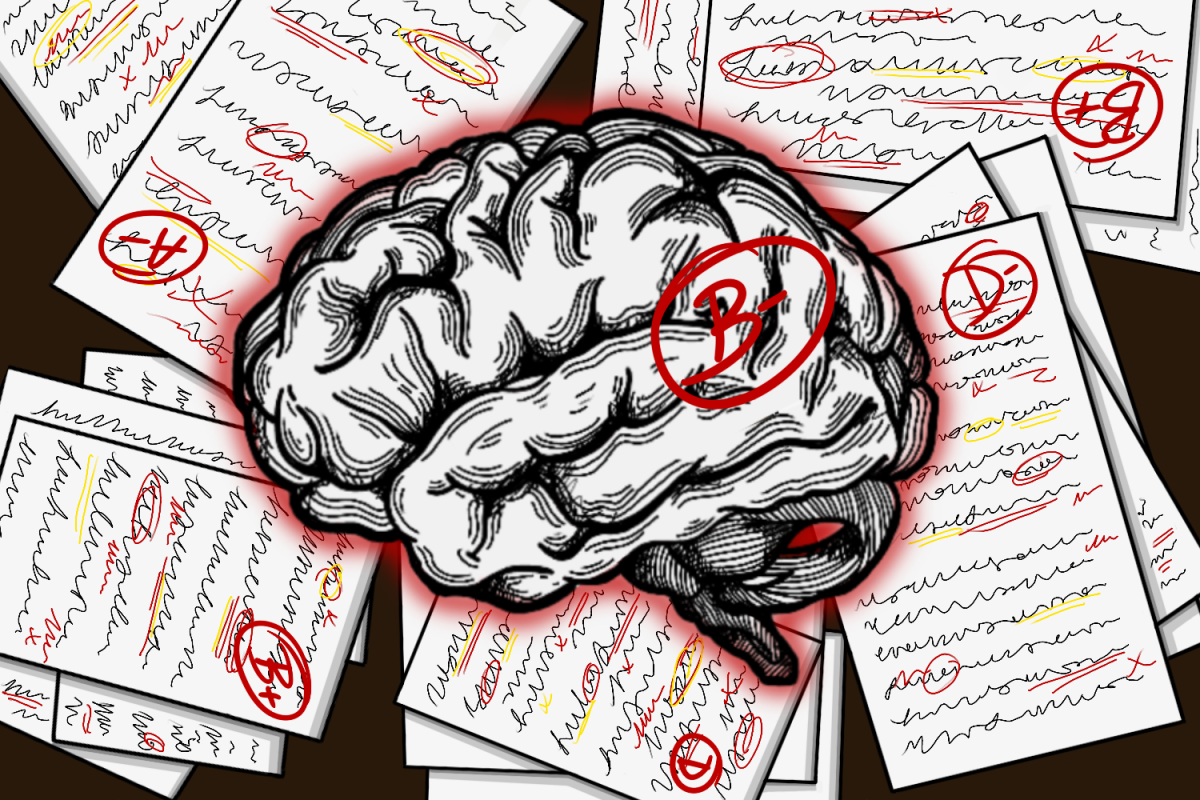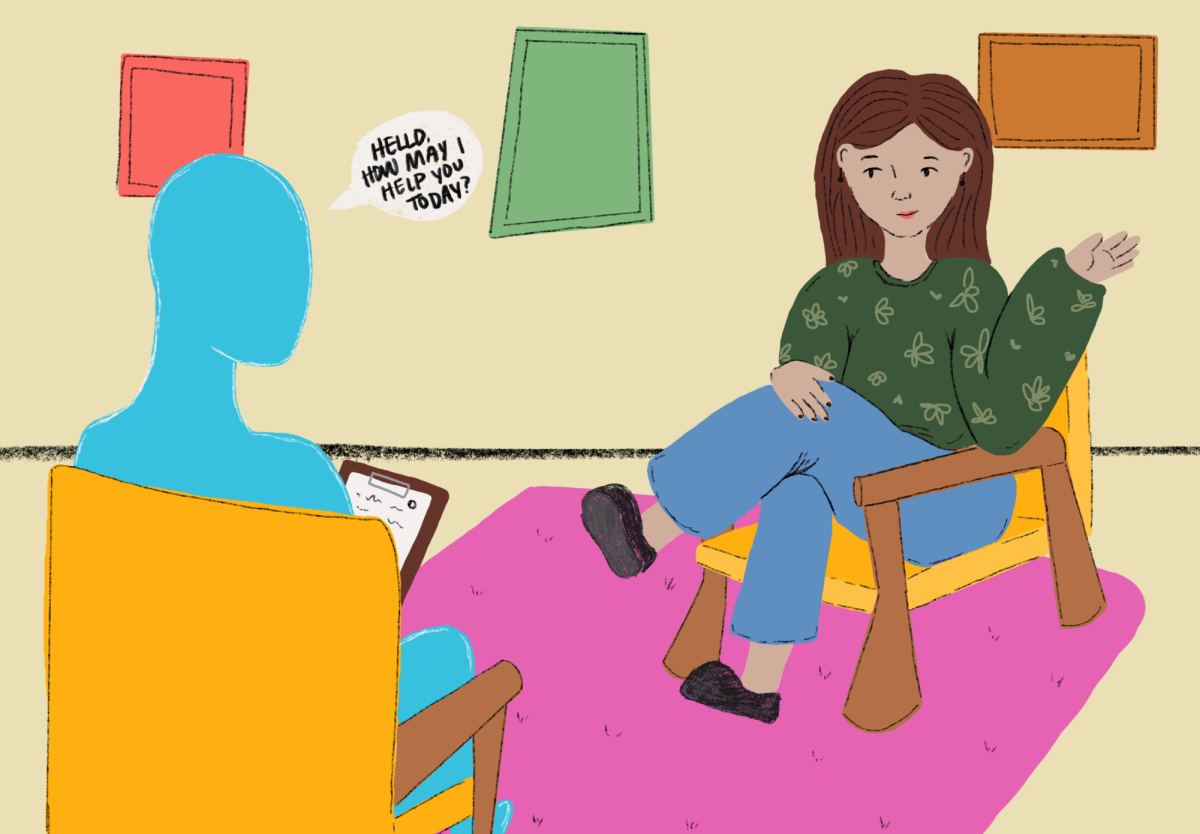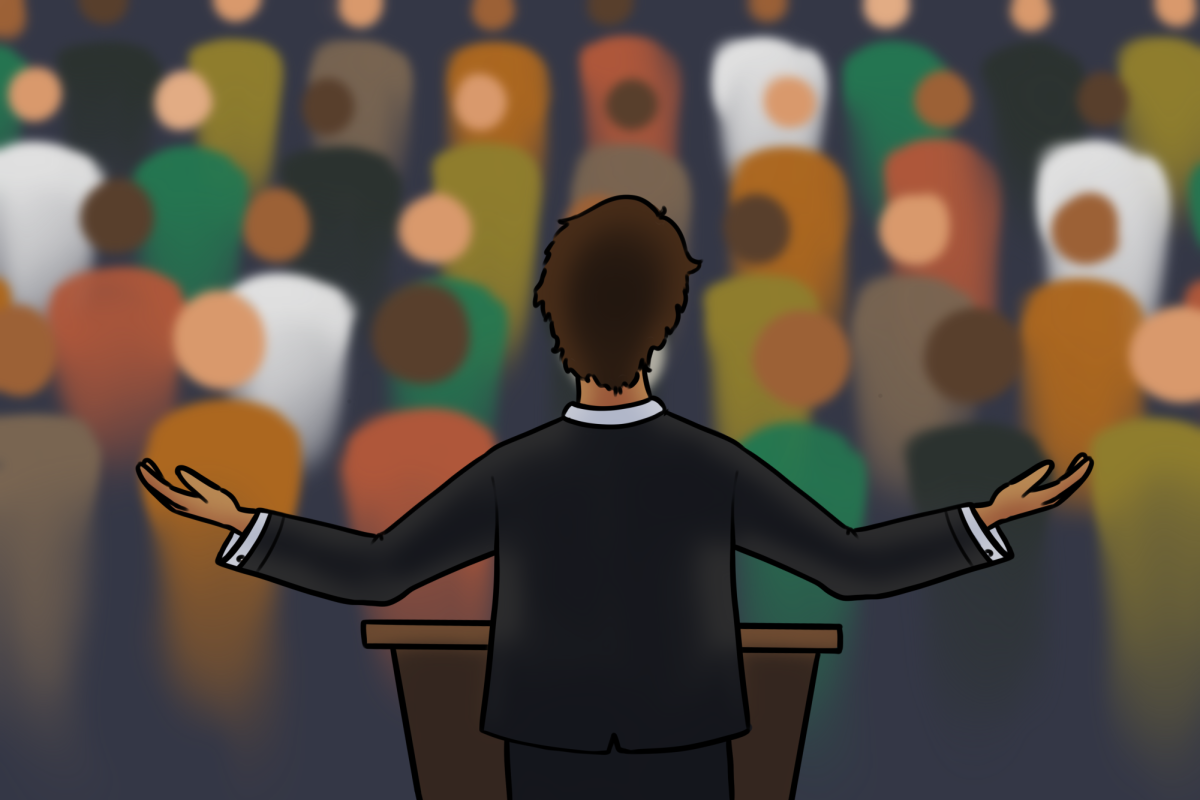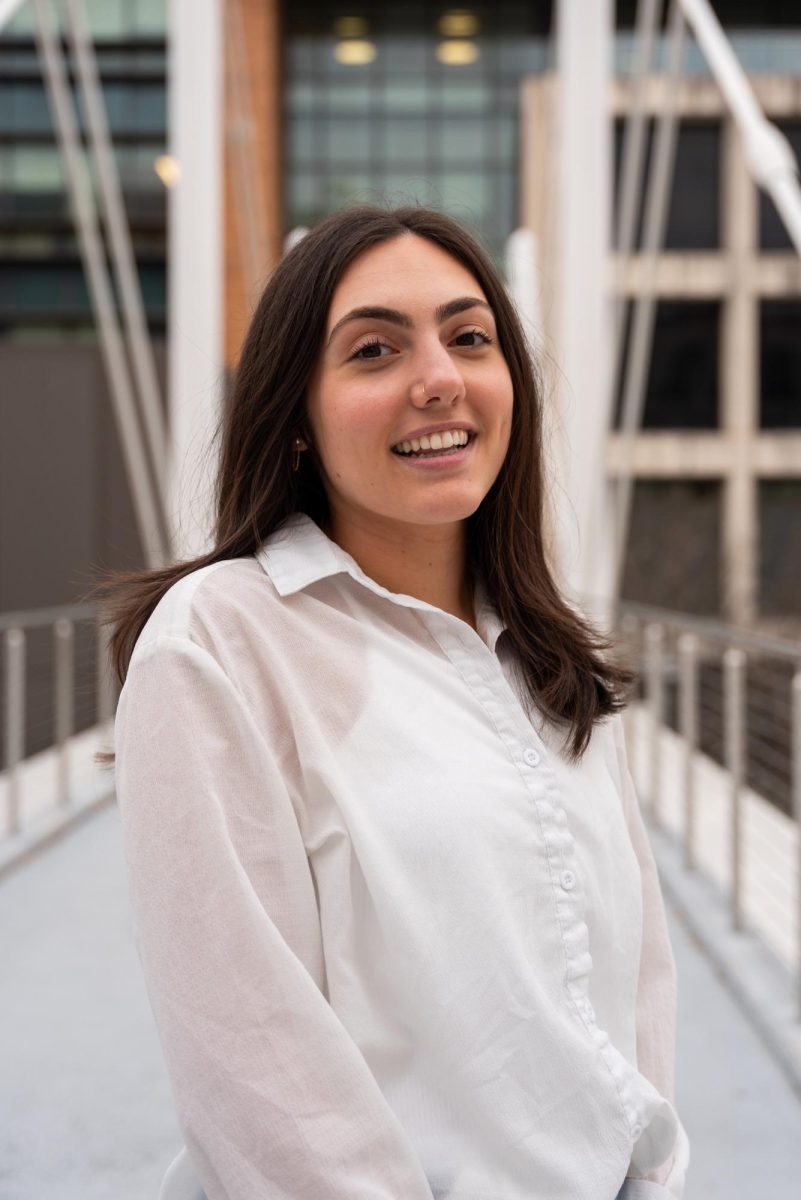The Deaf community is often overlooked, as a common societal assumption groups individuals who are deaf with the broader disability community. September, Deaf Awareness Month, is an opportunity to bring awareness to the accommodation and accessibility barriers individuals who are deaf may face, presenting a chance to educate others on Deaf culture and common misconceptions.
“I feel like Deaf Awareness Month is a way to communicate the different challenges that we as a community experience as deaf and hard-of-hearing people, the challenges that we have out there to educate on appropriate terminology,” said Brian Cheslik, the artistic director of Deaf Austin Theater and assistant professor of American Sign Language (ASL) and interpreting at the University of Texas at Rio Grande Valley. “Many people are still using the phrase ‘hearing impaired,’ which people don’t realize is an incredibly offensive term to the Deaf community.”
Students should take advantage of Deaf Awareness Month to discuss the accessibility and accommodation barriers that individuals who are deaf may experience. Often, accommodations offered lack the accessibility needed to include others.
“A lot of people assume that captions are an accessible form of accessibility,” said Cheslik. “It’s actually not because English and ASL are two completely different languages, so many people who are native Deaf, who are born deaf and their native language is ASL, do struggle to understand English.”
As being deaf is usually chalked up to being just a disability, the cultural facets of being an individual who is deaf may be overlooked in ways that can be damaging to the identity and visibility of the community. The lack of education surrounding the community can make it hard to navigate day-to-day life and ultimately undermines how Deafness is an identity.
The National Deaf Center discusses how the Deaf community’s culture contains unique ways of communicating, interacting with the environment, socialization and art that highlight the Deaf community’s way of life. It’s important to acknowledge these different facets of expression to introduce a different approach to viewing the Deaf community.
There are many ways to take the time to educate oneself on the Deaf community, such as visiting the Deaf Austin Theater or attending a meeting with the Deaf Culture Alliance (DCA). Austin has a large deaf population due to being a Deaf-friendly-city, making it all the more important to educate oneself.
“There’s such a large community (in Austin), and sometimes it’s nice for me because when I go to a coffee shop, all of a sudden, I realize the barista or the cashier can sign, and it’s a very nice surprise compared to when you go to another city where there isn’t a large population,” said Cheslik. “You don’t get that beautiful little surprise that, ‘Oh, hey, there’s some access for me because this person learned sign language.’”
ASL can be intimidating to learn, and because not everyone knows someone who is deaf, it can seem unnecessary. However, you never know when you might be able to offer accessibility to others.
The general impact of educating oneself on creating a more accessible space is beneficial in the classroom, at social gatherings, and in day-to-day life. Educating oneself about the Deaf community and culture creates a welcoming space.
Dacey Tucker, a biology sophomore minoring in ASL, explained that she has family members who are deaf or hard of hearing. “It made me become passionate about ASL, just because it’s hard to connect with them.”
No one should ever be intimidated to approach a family member or friend due to their disability.
“DCA is one of the things that made me realize that it’s okay to be interested in learning, it’s OK to make mistakes, and it’s okay to try to interact with individuals who are deaf, even when you aren’t deaf,” Tucker said.
Reflecting on Deaf Awareness Month, it’s important to take the time to educate oneself on Deaf culture and community, admit to the ignorance surrounding the topic of the Deaf community, and consider the accessibility issues that can isolate those of a community different than your own. It is okay to want to learn and to try, and it is OK to stumble. No one knows everyone’s circumstances, but taking the time to learn and explore topics you may not be thoroughly educated on is respectful.
Rail is an English, anthropology and rhetoric and writing junior from El Paso, Texas.




